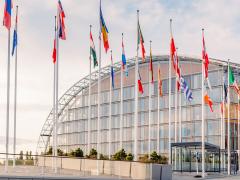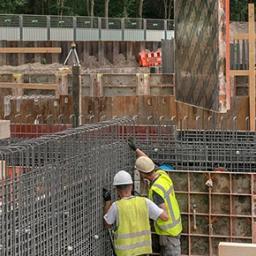Urban regions as engines of economic growth
According to the recent PBL study 'Urban regions as engines of economic growth', in most countries, new regional economic policies are needed. Policies in which national and regional agendas are coordinated reinforce each other. Since urban regions function as engines of economic growth, cooperation between national government and regional authorities is important, not only for the national government to set regional priorities, but also to streamline national instruments into a joint strategy for growth.
In economically successful regions, governments play an active role by investing in and facilitating growth. It is up to the regional authorities to formulate a joint strategy and to forge alliances between public and private parties and with national government and provincial authorities. In successful regions, policy is focused primarily on factors that are important for growth and innovation and on creating attractive residential and employment places.
Economic growth is largely path-dependent; historical structures and earlier events determine the course of later developments. The challenge is finding the right policy mix around a common goal, fitting the economic structure and dynamics of a particular region. Effective regional economic policy, therefore, combines current positive points, while focusing on a transformation that includes new activities and technologies.
The study introduces a conceptual frame work, based on a literature review. Econometric estimates present factors that are robustly connected with growth, while case studies focus on the mechanisms behind growth processes and the role of government authorities in these processes.
Authors
Specifications
- Publication title
- Urban regions as engines of economic growth
- Publication date
- 14 December 2018
- Publication type
- Publication
- Product number
- 3296




